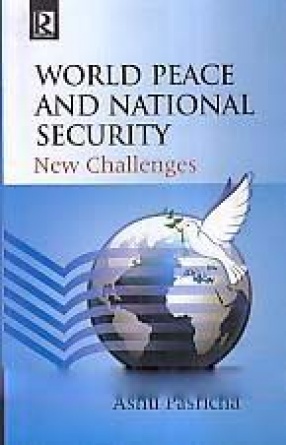
Ashu Pasricha

Showing all 11 books
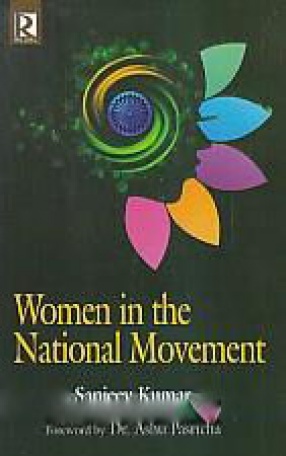
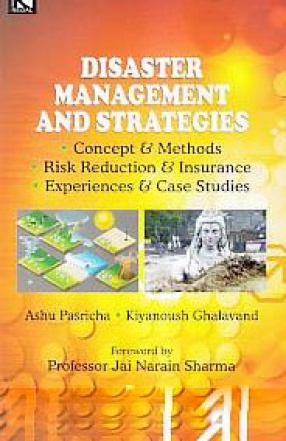
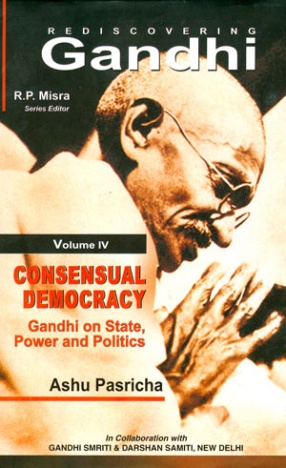
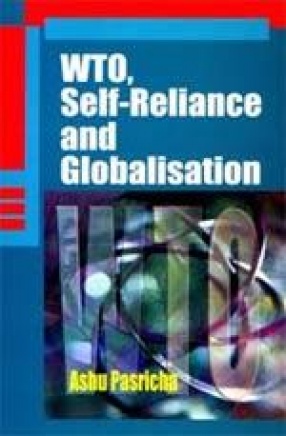

Peace and security has been and remains a permanent ideal and aspiration, as well as a right and a duty. However, in our fast-paced, interconnected world, peace and security is at risk. While world wars are becoming, it may be hoped, a thing of the past, violence, civil strife and conflict continue to define the lives of millions. Internal conflicts and terrorist attacks demonstrate that the presence of peace and security can never be taken for granted. As an ...



Gandhi did not consider political philosophy as a distinct, autonomous intellectual system separated from ethics, economics, sociology etc. as he viewed life in its totality. He looked at life en face, not in profile. Though there was for him no antithesis between spiritual and worldly matters, he had certain fundamental beliefs from which he never budged an inch. The moorings of his overall world outlook is, of course, to be found in philosophical idealism.The ...

India has to be a part of global market forces with due stress on the competitive spirit for growth and quality. But economic revival is an exciting proposition. It has to be invigorating, self-generating and mass-based. Herein lies the test for the nation’s nerves. India’s future depends upon the rational choices made today and those to be made from now on. History is full of examples of countries, which got crushed under their own follies just by ignoring ...
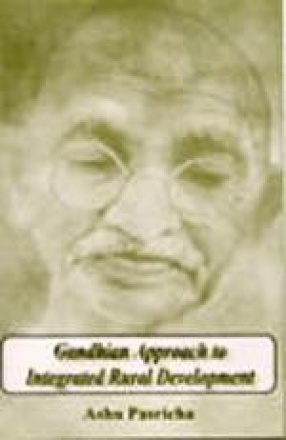
One of the most formidable and fundamental aspects of India'S developmental effort has been to evolve a strategy to ameliorate the Social and Economic condition of plus forty per cent who continue to live below the poverty line expecting something to turn.

This volume makes a comprehensive study of the political thought of Dadabhai Naoroji. Providing rich insights into his life and personality, it discusses at length his economic as well as political nationalism, his Theory of Drain, and his focus on India's national as well as per capita income and poverty through linking foreign trade with drain. It also analyses his contribution towards India's Struggle for Independence.
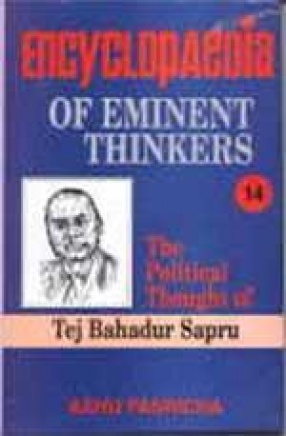
This volume makes an in-depth study of political thought of Tej Bahadur Sapru. Providing new insights into his life and times, it discusses at length his political orientation, his federal concept, his legal career, and his socio-economic ideas. Sapru's contribution towards Hindu-Muslim unity has also been examined.
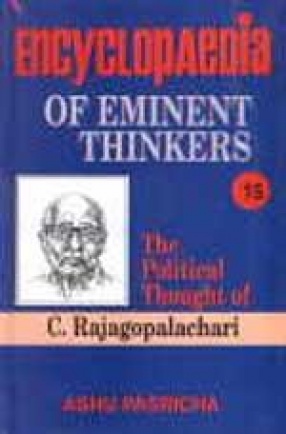
This volume makes a comprehensive study of the political ideas of Chakravarty Rajagopalachari, popularly known as Rajaji. Providing rich insights into his multifaceted personality and achievements, it discusses at length his political ideology and perception, his views on freedom and democracy, and his efforts for social justice. It also extends discussion on his transition from nationalism to internationalism and his contribution to Indian culture.
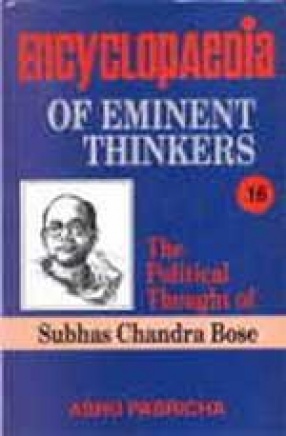
This volume makes an in-depth study of the political ideology of Subhas Chandra Bose, better known as Netaji. Providing new insights into his life and times, it discusses at length his concept of socialism, his contribution to nationalism and India's freedom struggle, and his views on communal harmony and fascism. Netaji's critique of Gandhian leadership also finds place in the discussion.
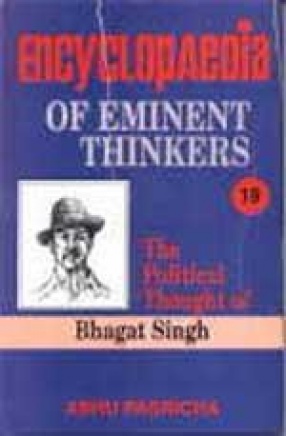
This volume examines the political philosophy of Sardar Bhagat Singh. Providing new insights into the life and times of Bhagat Singh, it presents a detailed account of his political ideology and perception, the roots of extremism in him, and his relations with Mahatma Gandhi and the Congress. It also probes Gandhi's efforts to save the life of Bhagat Singh.
